The Lover is one of the most difficult archetypes to notice that you are experiencing. By its very nature it is seductive and spontaneous. The Lover is most commonly associated with sex, but sex is the smallest part of the archetype. You cannot experience the Lover by yourself, but you do not necessarily have to experience it with another person. Anytime you are pulled into an alluring daydream, swept up in the rhetoric of a rousing speech, or moved to a sense of greater understanding by a work of art or fiction, you are beginning to fall into the embrace of the Lover. The Lover is a drum circle, it is staring deeply into a bonfire, it is a poem about time, a drug trip. The Lover can be an infinite amount of things.
The Lover is most easily understood as our ability to give up a small part of ourselves to become part of something greater. The Lover is our ability to merge with another person or a group of people. The Lover lets us dissolve part of our own ego to be a part of a greater purpose or force of society. If we do not have access to the Lover we are completely alone, completely with purpose and life becomes an abstraction. We are connection making creatures and it is the Lover archetype that allows us to make those connections.
Because The Lover requires us to give up a piece of ourselves in order to identify with it, over identification with The Lover can be disastrous. Patients over identified with The Lover might try to dissolve themselves passionately into each many new relationships or over identify with each new friend. Extreme over identification with The Lover leaves patients with no sense of self. These patients will operate in society as chameleons. Over identification with the Lover is over identification with something outside of oneself. They will continue to find religious, romantic, or social relationships that let them take on someone else’s identity and concept of self.
When working with patients with substance abuse problems therapists should be very aware of the functioning of the lover archetype. Addiction is often understood by therapists as an attempt to numb out painful emotions or memories, and while this interpretation is correct it is also an incomplete understanding of what addiction is. Substance abuse is always fueled by a desperate attempt to have connection with something. The loneliness and isolation that patients with substance abuse issues feel is an extreme under identification with the lover archetype and the hunger for the wholeness of the lover is often the emotional state sought by the addicted person.
I always tell my patients that an addiction is often a hunger for growth with a simultaneous refusal to change. Substance abuse provides the feeling of growth and connection without the actual work or risk. Drugs like alcohol and stimulants often activate the Lover by making us feel productive, creative, loved or accepted. Drugs like depressants or psychedelics often activate the Lover by allowing us to turn off our conscious mind and remerge with the world. Psychedelics and transcendental religious practices often allow a person to experience ego death or a “oneness” with all things. This form of ultimate connectedness is the most activated state of the archetype as we have completely given up our own identity.
The Lover requires us to have the ability to trust something outside of ourselves and may be difficult for patients with trauma to experience without anxiety. We first learn how safe it is to open up to others within our family of origin. Patients that have a strong under identification with The Lover often never felt safe in their families of origin. Patients over identified with the Lover might have had a parent over identified with their Queen and are used to finding a controlling partner. If someone has made us a puppet then we involuntarily find a puppeteer when we leave our families of origin. These patients often become codependent in relationships, looking for someone to give their life rules and meaning. They believe they are unable to do this for themselves.
The Lover is an often ignored archetype, but is needed to give the other archetypes any ability to operate. What is the cause that the Warrior fights for, where is the growth or the creativity of the Child without The Lover? For that matter, what is the grand vision of a King or control of the Queen without the ability to make a connection? For a patient to participate in a relationship with a therapist there must be some part of the Lover archetype active. Therapy requires trust and a dissolution of boundaries enough for the therapist and patient to collaborate on treatment. We cannot begin to benefit in therapy unless we give up some part of our old self and are willing to be open to creating a new self image. Resistance to the therapy process can also be understood as a resistance to experience this archetype.
Bibliography:
Jung, C.G. The Archetypes and the Collective Unconscious. Translated by R.F.C. Hull, Routledge, 1991.
Bly, Robert. Iron John: A Book About Men. Vintage, 1992.
Moore, Robert, and Douglas Gillette. King, Warrior, Magician, Lover: Rediscovering the Archetypes of the Mature Masculine. HarperOne, 1991.
Pinkola Estés, Clarissa. Women Who Run With the Wolves: Myths and Stories of the Wild Woman Archetype. Ballantine Books, 1992.
Hollis, James. The Eden Project: In Search of the Magical Other. Inner City Books, 1998.
Further Reading:
Edinger, Edward F. Ego and Archetype: Individuation and the Religious Function of the Psyche. Shambhala, 1992.
Johnson, Robert A. We: Understanding the Psychology of Romantic Love. HarperOne, 1983.
Johnson, Robert A. Owning Your Own Shadow: Understanding the Dark Side of the Psyche. HarperOne, 1993.
Zweig, Connie, and Jeremiah Abrams, editors. Meeting the Shadow: The Hidden Power of the Dark Side of Human Nature. Tarcher/Putnam, 1991.
Hillman, James. Re-Visioning Psychology. Harper & Row, 1975.
Neumann, Erich. The Origins and History of Consciousness. Translated by R.F.C. Hull, Princeton University Press, 1954.
von Franz, Marie-Louise. The Interpretation of Fairy Tales. Shambhala, 1996.
Groesbeck, C. Jess. “The Spirit in the Healing Process.” Harvest: Journal for Jungian Studies, vol. 30, no. 2, 1984, pp. 113-126.
Sharp, Daryl. Jung Lexicon: A Primer of Terms & Concepts. Inner City Books, 1991.

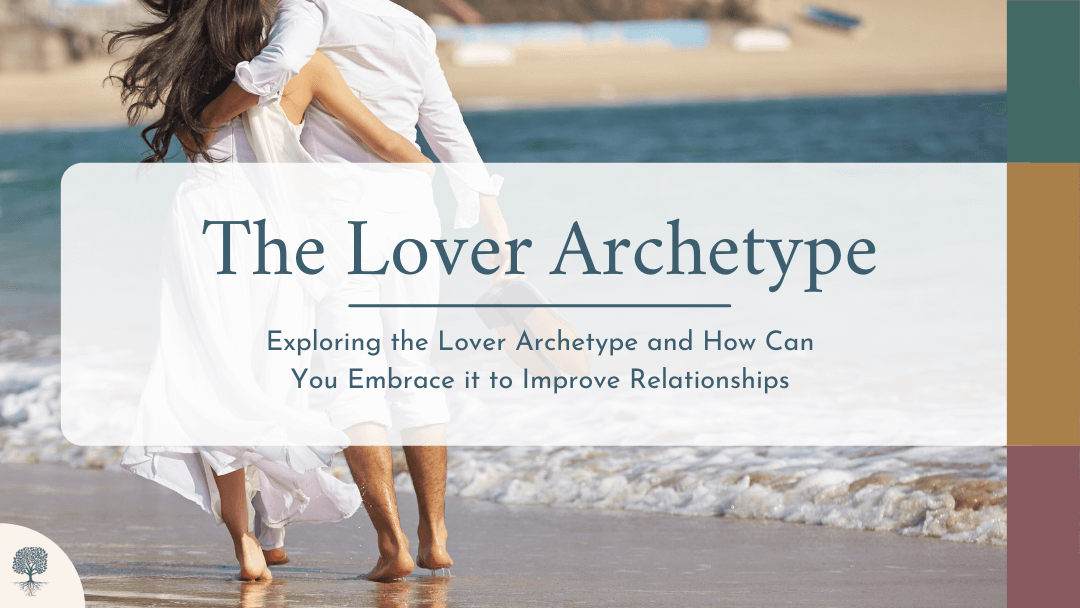
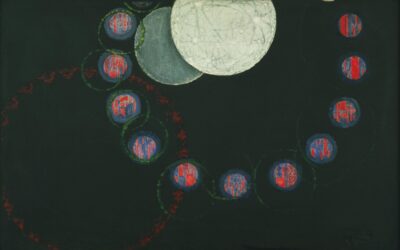
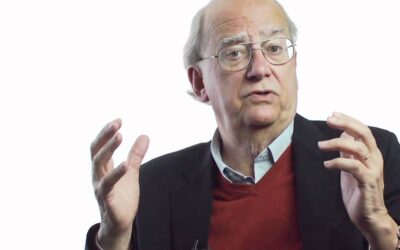
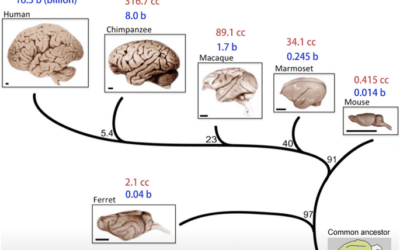

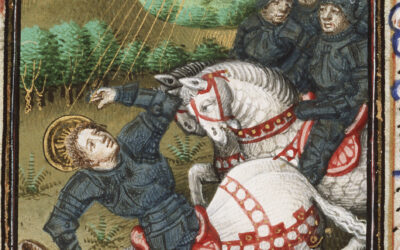
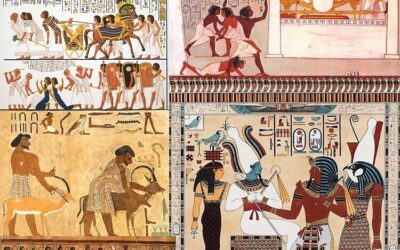
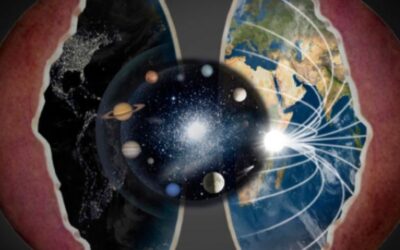
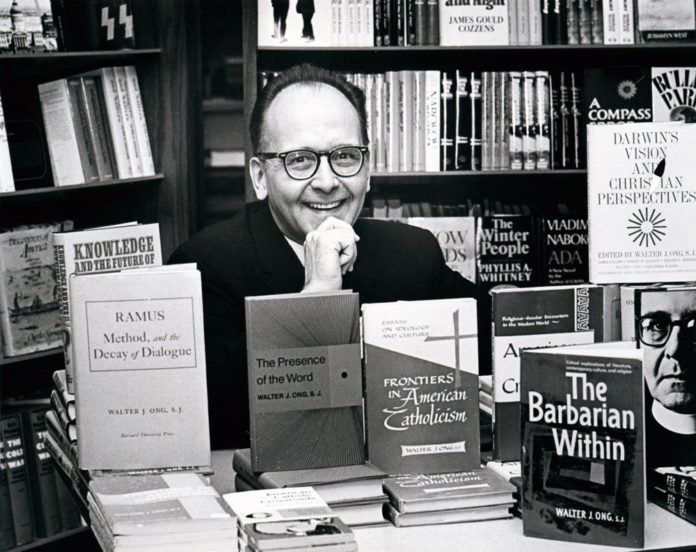
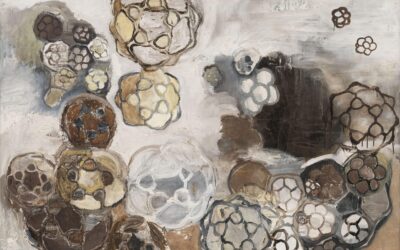
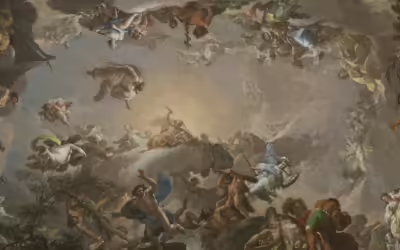
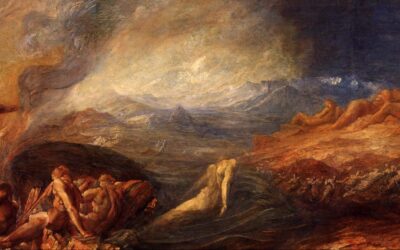
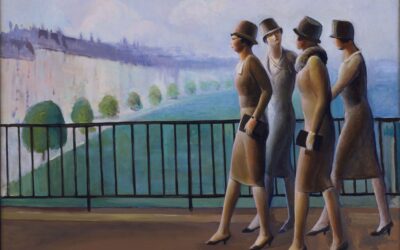
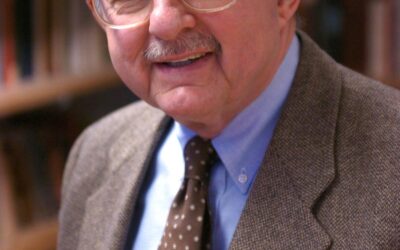
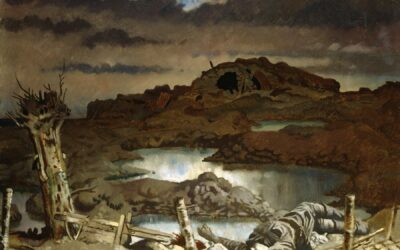
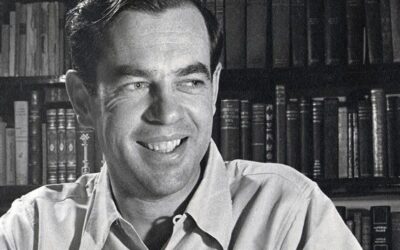
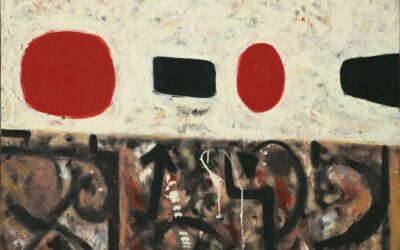



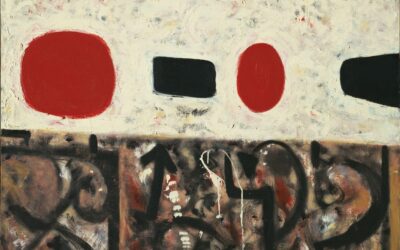
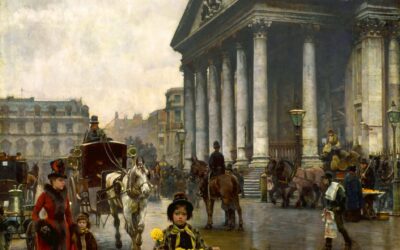
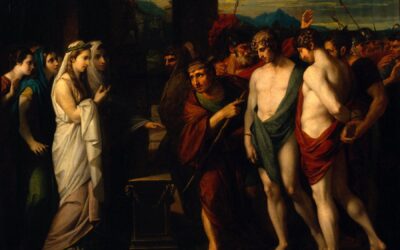
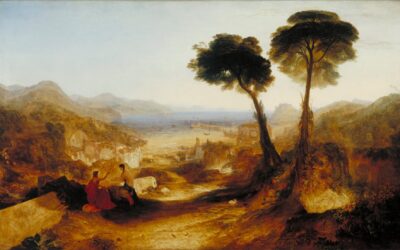
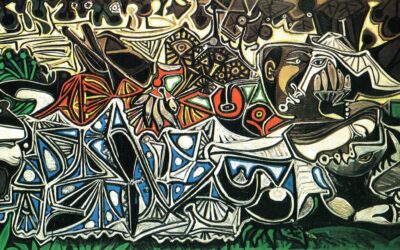
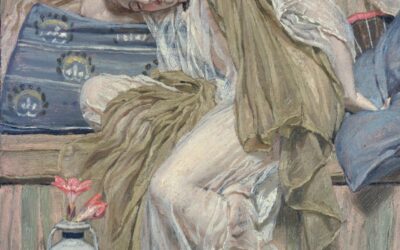
0 Comments